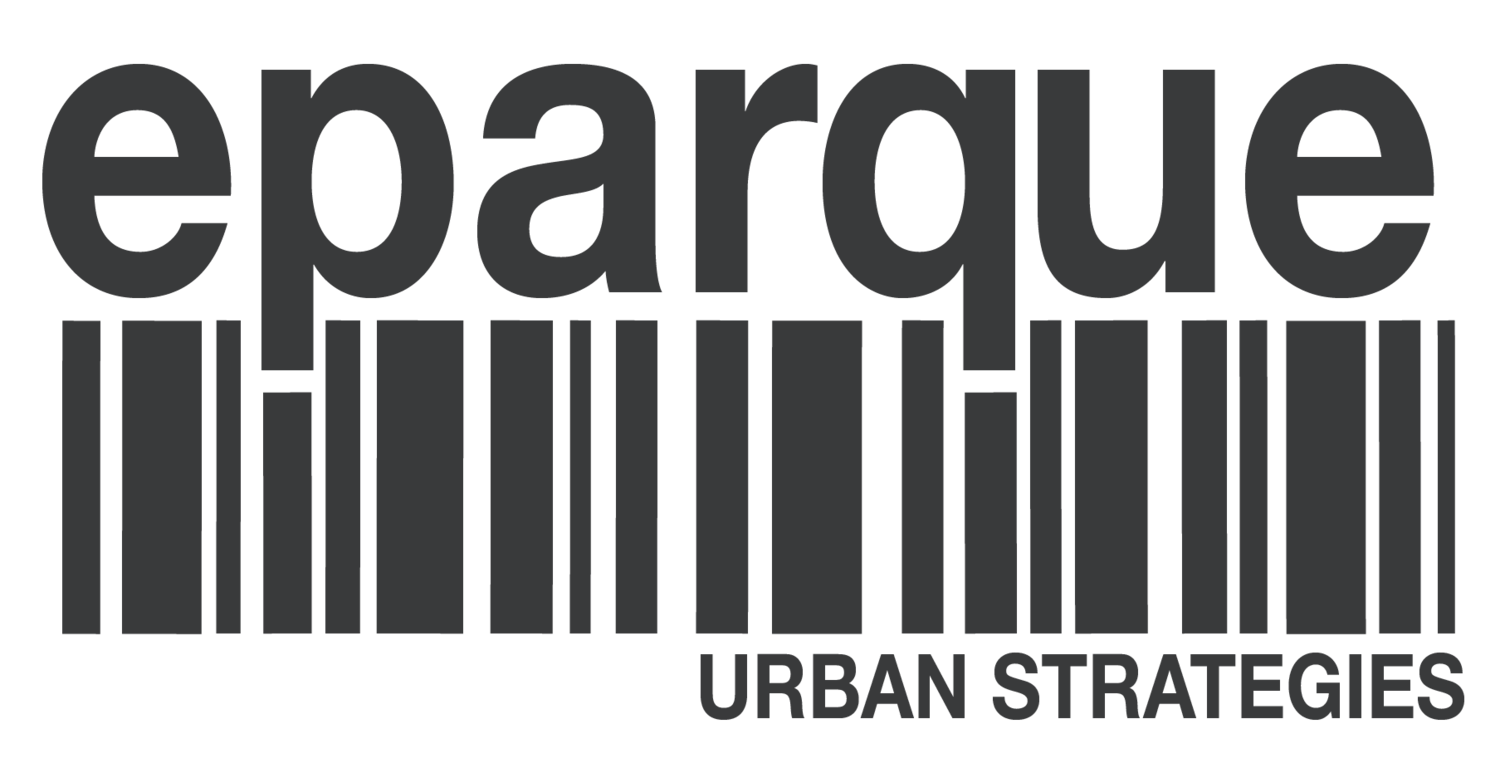Strategic Framework for Managing and Developing Urban Cultural Heritage in South Asia
2011
Commissioned by the urban development unit of South Asia region of the World Bank, the project was launched to investigate why the World Bank has been so underinvolved in cultural-heritage and tourism lending in the region and ways to increase lending. The assessment found that although the World Bank has supported stand-alone cultural-heritage projects, it is more effective to treat cultural heritage as a component of larger urban infrastructure development and upgrading projects and to lend accordingly. We suggested taking advantage of many synergies between conservation of the historic areas and revitalization of infrastructure, sanitation systems, and transport, which collectively constitute a sound urban upgrading scheme. The project also included a portfolio review of projects in the region and concluded that the major theme of urban development initiatives in South Asia has been decentralization and local governance. Based on this, it was recommended that projects concerning the management of historic areas also be decentralized and locally governed, given that major institutional reforms and policy changes on a local level are needed for sustainable regeneration of historic areas and for successful cultural-heritage conservation plans.
